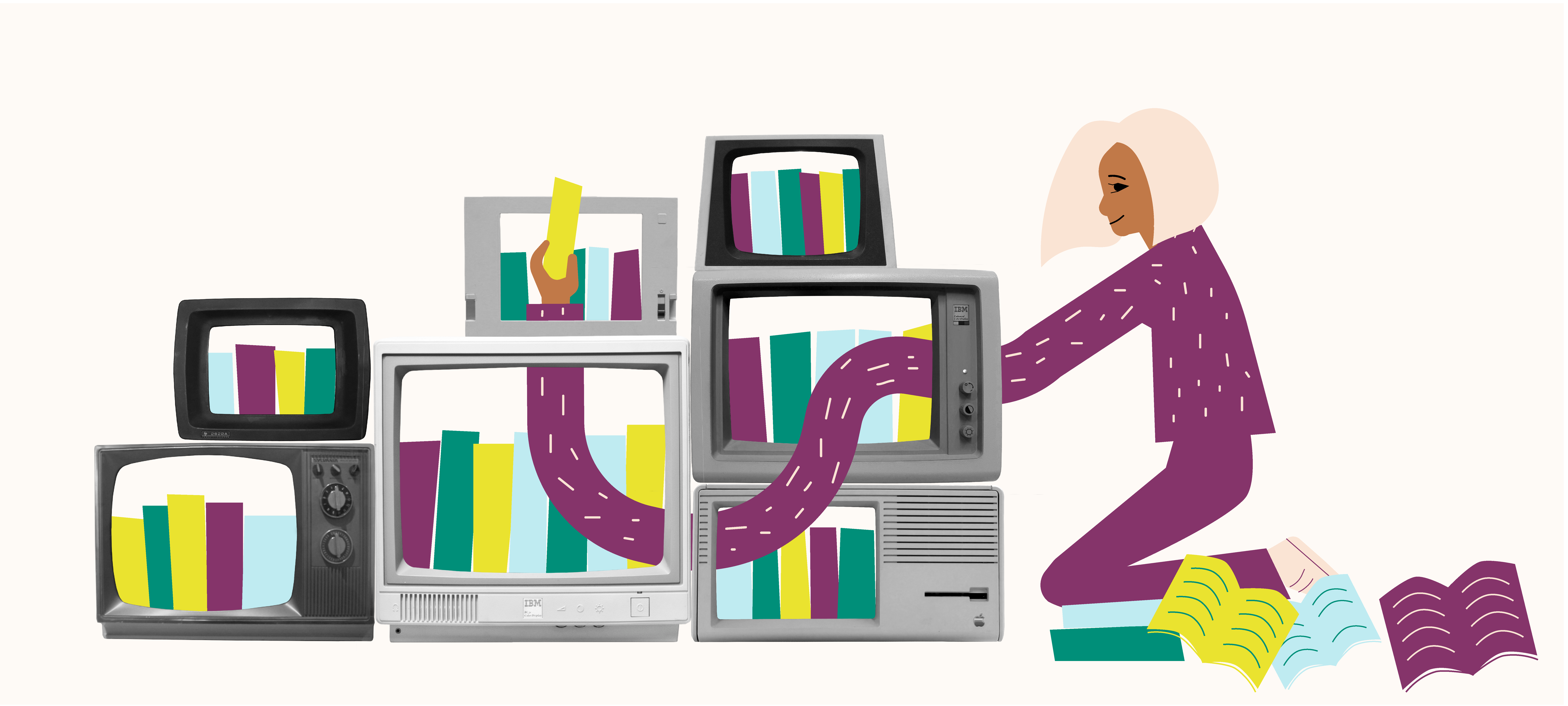Last month, Senators Thom Tillis (R-NC) and Patrick Leahy (D-VT) introduced new legislation regarding technical protection measures used to protect copyrighted works online, called the SMART Copyright Act, short for the “Strengthening Measures to Advance Rights Technologies Copyright Act of 2022.” The bill deputizes the Copyright Office every three years to designate certain “technological measures” (i.e., filters and content monitoring software) that every digital platform or website hosting user-uploaded content must use. This requirement would affect nearly every organization allowing users to upload content in the digital space - from big tech platforms to your local library. If a platform or website failed to implement the “approved” technologies, they could face stringent statutory damages even if there was no alleged infringement.
Library Futures strongly opposes the SMART Copyright Act of 2022. If this bill were to pass, it would create a burden on libraries while also censoring free expression online. Libraries would be required to implement government-mandated content filters that may not only be financially costly, but also damaging to open online spaces. For instance, the chilling effects of content filters on free expression have long been documented. Filtering technology used to identify copyright infringement has the potential to sweep too broadly, automatically blocking lawful content that is permissible to share, such as under fair use. Distinguishing between lawful and unlawful uses requires context, which automated systems are unable to take into account. Copyright law is meant to protect creators and encourage expression; if passed, the SMART Copyright Act would accomplish the exact opposite.
The SMART Copyright Act would create a resource and financial burden that would primarily fall on smaller and publicly funded institutions, such as libraries, archives, and educational institutions. This proposal gives the Copyright Office an alarmingly sweeping power: the ability to require thousands of institutions to adopt, at their expense, unnecessary content-filtering technology. While large companies, such as big tech platforms, already use expensive filtering software to screen for potential infringement, mandating the adoption of such technology would disproportionately impact institutions that rely on public funding. In order to petition for an exemption, libraries would have to participate in an onerous triennial bureaucratic rulemaking process, overburdening libraries’ limited resources.
This proposal would also designate authority to the Copyright Office, an agency with historically limited engineering or technical expertise—much less in internet technology or content moderation—to make massively consequential decisions that could change how the internet works. The process risks corruption from businesses and vendors pitching their own products and puts the government in the position of choosing the highest bidder. As Nicholas Garcia, Policy Counsel at Public Knowledge states, “What is worse is that the details of these technical measures don’t even exist yet, and Congress has decided to give authority over these still-unknown and untested monitoring programs to the Copyright Office, which has very little technical expertise and a known history of prioritizing corporate interests over the interests of internet users and individual creators.”
The SMART Copyright Act has been referred to the Senate Committee on the Judiciary, where it awaits further debate before moving toward a vote on the Senate floor. Library Futures joins the Electronic Frontier Foundation, Public Knowledge, Author’s Alliance, Internet Archive, and many other public interest stakeholders in voicing its opposition to this harmful legislation.

